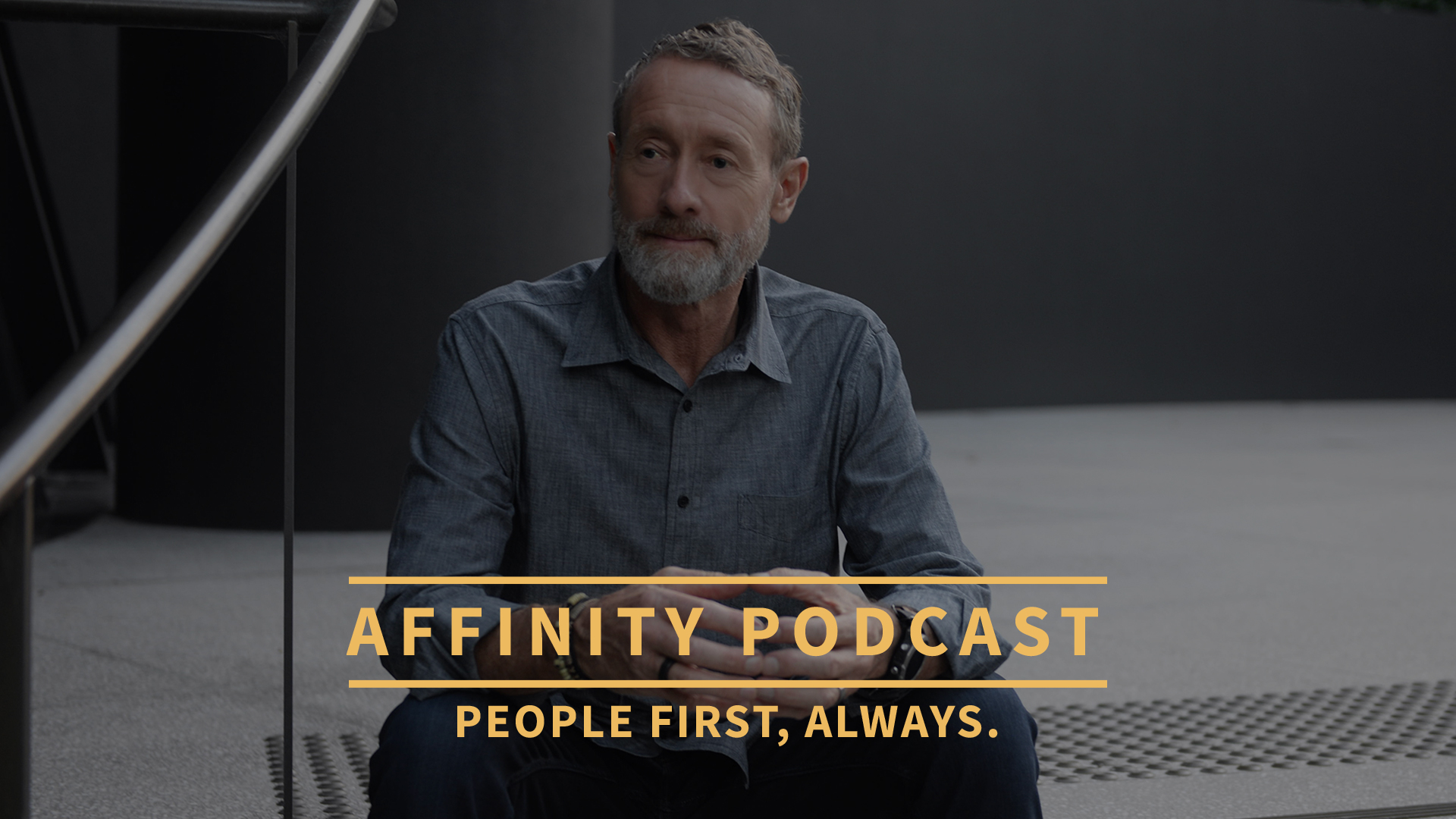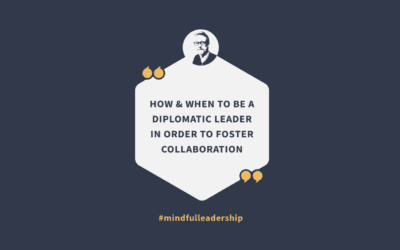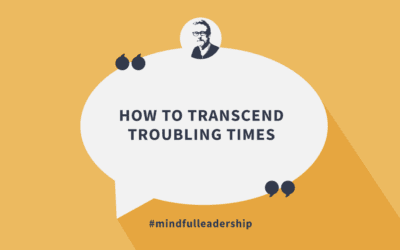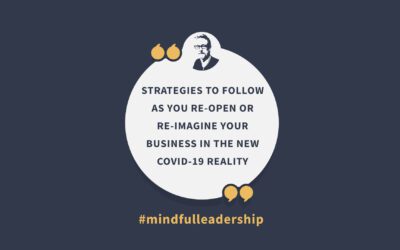Cultivating Wise Compassion Leadership: A Necessity in Modern Leadership


Grant Ian Gamble is a best-selling mindful leadership author and speaker. He has over 30 years of experience in leading teams to create innovative customer experiences, building engaged workforces, and developing leaders who prioritize mindfulness in their approach.
I have been pondering on an article I recently came across in the Harvard Business Review, “Compassionate Leadership Is Necessary — but Not Sufficient,” written by Rasmus Hougaard, Jacqueline Carter, and Nick Hobson. I thought it could be of great interest to you as well.
As we navigate through turbulent times, the importance of compassionate leadership is more pronounced than ever. Yet, the authors reveal through their research that compassion on its own is not sufficient for effective leadership. Compassion must be paired with wisdom.
When examining more than 5,000 companies across nearly 100 countries, it was found that there is a strong correlation between the practice of “wise compassion” in leadership and promotability. In fact, leaders who regularly demonstrated both compassion and wisdom were found to rise faster and higher in the ranks than those who did not.
What does this look like in practice?
Compassionate leaders harbor positive intentions and genuine concern for others. This can forge stronger connections, foster trust, and boost loyalty. However, leadership is not just about being nice. It also involves making tough decisions, providing critical feedback, and sometimes disappointing people. Hence, wisdom, which encapsulates leadership competence and a deep understanding of managing people and priorities, is paramount. Striking a balance between compassion and wisdom is what creates a ‘wise compassionate leader.’
The authors have categorized leadership styles into four quadrants, with the second quadrant representing ‘wise compassion’. Leaders in this category effectively balance the concern for their people with the need to drive their organizations forward productively. They take tough actions when needed, but they do it with genuine care for people’s feelings and well-being.
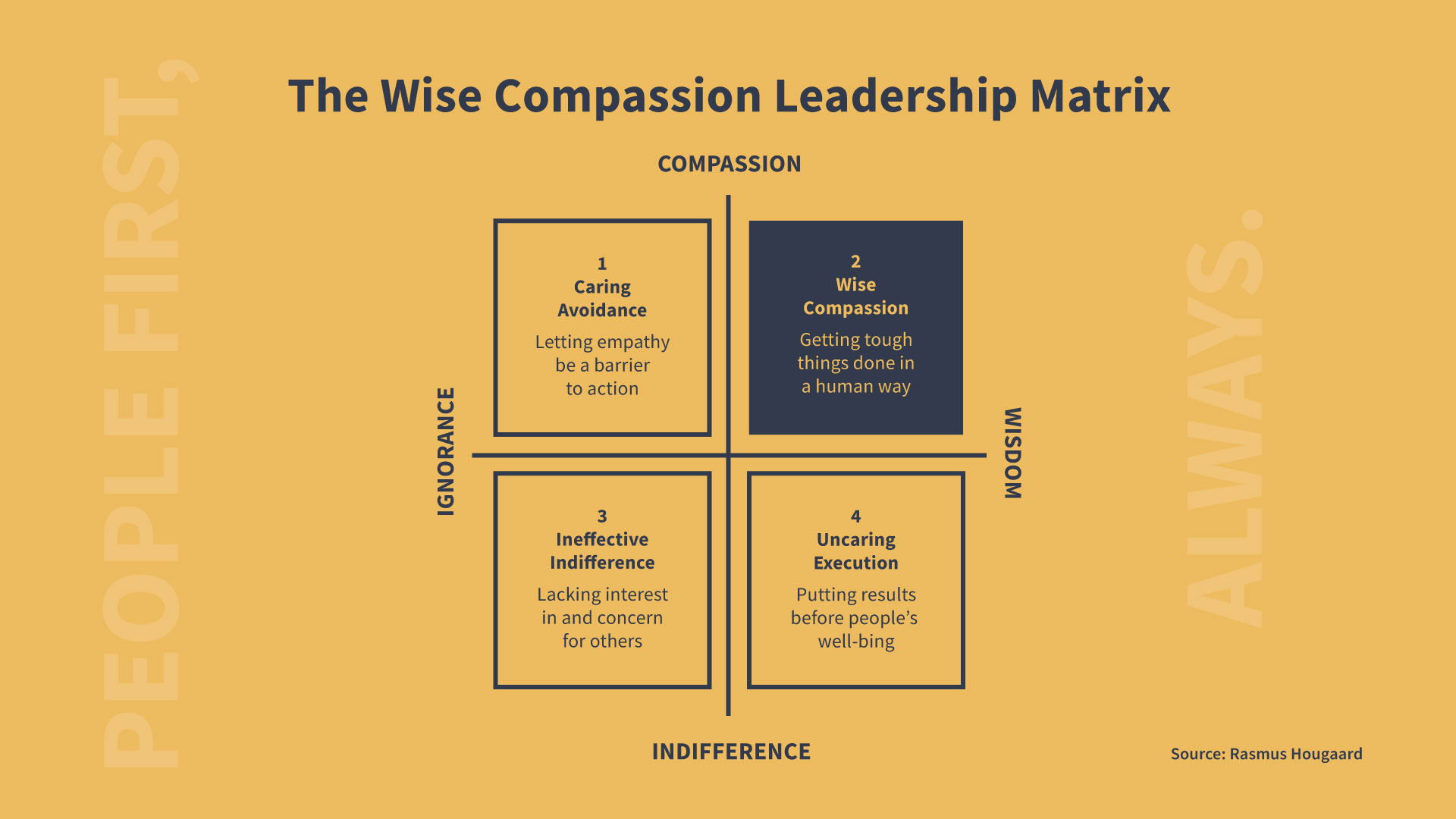
Research involving over 15,000 leaders across nearly 100 countries reveals a strong correlation between higher levels of wise compassion and promotability. In essence, practicing wise compassion not only benefits others but also significantly enhances one’s leadership trajectory.
But how can one cultivate wise compassion?
Mindfulness routine is one proven method. Leaders who practice mindfulness regularly display increased self-awareness and an enhanced understanding of others’ behaviors and emotions. They are more intentional in integrating wisdom and compassion in their leadership style.
- For those who have ample wisdom but need to bolster their compassion, the authors suggest:
- Practicing self-compassion
- Regularly checking your intentions
- Adopting a daily compassion practice
- Alternatively, if you have a strong compassion quotient but seek to increase your wisdom, consider:
- Practicing candid transparency
- Engaging in at least one daily direct interaction
- Adopting a daily mindfulness training
In the face of continued challenges, a mindset of wise compassion is the most effective and humane way to support people. It allows us to make the tough calls in a human-centered manner.
I encourage you to explore how you can apply these principles in your leadership journey. Remember, we rise by lifting others and doing so in the wisest way possible makes the journey all the more rewarding.
Research shows that organizations with compassionate leaders experience lower levels of team member turnover. According to a 2020 study from Gallup, companies that scored in the top quartile on compassion had 37% lower absenteeism, 41% fewer safety incidents, and 59% less turnover. This underscores the importance of compassion in leadership for overall organizational health.
AFFINITY Podcast Episode 13 | The State of Organizations 2023: 10 Shifts Transforming Organizations

Put PEOPLE FIRST, ALWAYS and watch your business flourish.
Dive deep into the latest trends in customer experience and team engagement, mindful leadership and management. Discover practical tools and strategies that you can use to build a people-centric culture, the foundation for sustainable long-term business growth and success.
Led by mindful leadership expert, Grant Ian Gamble, a best-selling author and true visionary with over 30 years of experience in leading teams to create innovative customer experiences, building engaged, inspired and fulfilled workforces, and developing leaders who prioritize genuine connection in their approach.
The guiding principle behind all of Grant’s work is PEOPLE FIRST, ALWAYS.
More Articles:
How and When to be a Diplomatic Leader in Order to Foster Collaboration
The consummate leader needs to be both a diplomat and a truth-teller, and those things don’t always line up perfectly.
It is the role of the leader to guide their company and often, that involves smoothing the waters and sometimes delivering bad news.
The skills of the diplomat are those of sensitivity toward the stakeholders and finding a navigable path when things get bent out of shape. The diplomat needs to balance often disparate needs to find a resolution.
How to Transcend Troubling Times
According to Business Insider, unemployment filings hit 55 million over the past 20 weeks.
Layoffs, furloughs, freezes on hiring and downsizing are all reaching epidemic proportions. Usually, downsizing and consolidations are associated with declining financial performance for the companies going through these transitions, but not necessarily.
Strategies to Follow as You Re-Open or Re-Imagine Your Business in the New COVID-19 Reality
Here are some basic strategies and checklists to follow as you plan to re-open and/or re-imagine your business in the new COVID-19 reality. Download your list!
Fill out the form below and receive a PDF download of "6 Key Strategies to Engage Untapped Fitness and Wellness Market Segments"
Let's Connect!
CUSTOMER EXPERIENCE, TEAM ENGAGEMENT & WORKPLACE WELL-BEING: AFFINITY OS™ | WELLNESS INTEGRATION | MINDFUL LEADERSHIP: "THE AFFINITY PRINCIPLE"
0475 866 592

The Affinity Principle™ by Grant Gamble presents a formula for business success through a people-centric, mindful leadership approach.
PEOPLE FIRST, ALWAYS.





